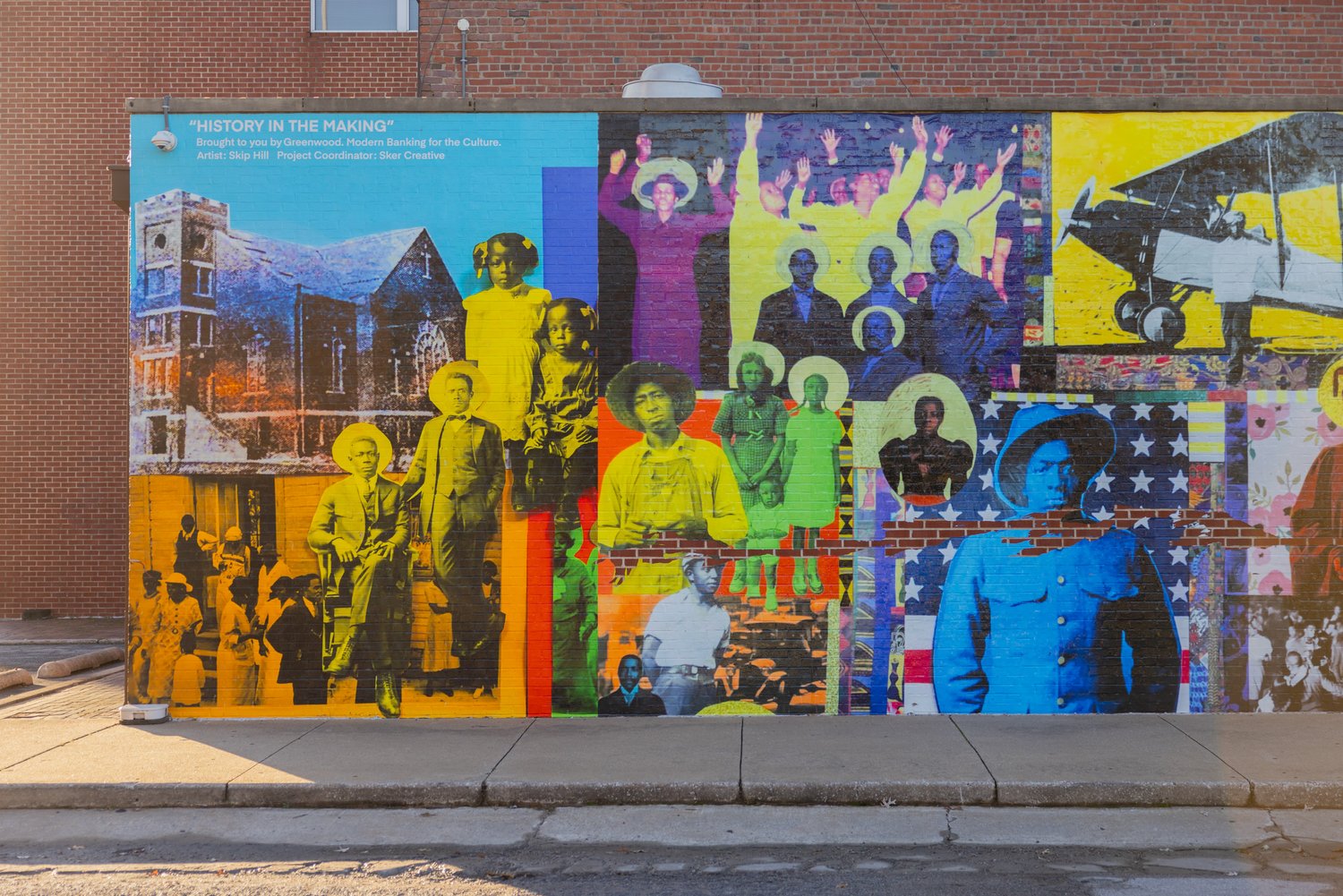Nearly 3 in 5 people booked into jail in the United States remain behind bars simply because they can’t afford bail.
That’s not justice — it’s a pay-to-play system that erodes our constitutional ideals. And The Bail Project’s new report,
The False Promise of Bail, confirms just how broken the system is.
The report analyzes outcomes for over 3,300 people booked into the Tulsa County jail over a single year. These individuals faced different pretrial conditions: Some paid bail themselves, some used bail bond agents, some received free support from The Bail Project, and others were released on recognizance, supervised or detained.
Here’s what the data shows:
Only 29% of people who paid their own bail made every court appearance. That number increased slightly to 43% for those who used a bail bond agent. But among those supported by The Bail Project, 58% showed up to every hearing — nearly double the rate of self-paid bail, and 33% higher than those using a bail bond agent. And it didn’t cost them a dime.
Why? Because people need support, not punishment. The Bail Project offers simple, human support — reminders, rides and referrals to services — that actually work. Most people don’t miss court to avoid prosecution. They miss it because of life circumstances: unreliable transportation, caregiving duties or confusion about court dates. Cash bail doesn’t fix those issues. Community support does.
And the harm of the current system goes far beyond court appearances. For those in the study who were detained — often for low-level, nonviolent offenses and sometimes unaffordable bail — the consequences were devastating.
Nearly a third remained in jail until their case concluded, spending an average of 105 days behind bars. That’s more than three months of lost jobs, housing instability and family separation — all before a conviction.
Consider
the story of Nicole, a 31-year-old medical social worker in Tulsa. She was wrongly accused of armed robbery based on mistaken identity and faced a $50,000 bail she couldn’t afford. As a single mother of three, she risked losing her job, home and custody of her children.
With help from The Bail Project and a public defender, her bail was reduced and she was released — but not before experiencing deep trauma.
To this day, Nicole lives with anxiety and fear of re-arrest, a daily reminder of a system that treated her as guilty from the start.
So why does Tulsa continue to rely on a system that fails to deliver safety, fairness or accountability? One answer: the commercial bail industry. When people can’t afford bail, they often turn to bail bond agents, paying a nonrefundable fee — usually 10% of the total bail amount — just to walk free. Nearly half of all people in the study took this route.
In 2023, the bail bond industry made $2.4 billion by profiting off families in crisis.
Meanwhile, the public foots the bill. Tulsa County’s incarceration rate has soared in recent decades, costing taxpayers. For what? A system that locks up people who are presumed innocent for being poor — not for being a threat to public safety.
Tulsa has a choice: continue defending a failed system, or lead with evidence and compassion. The solution is clear. Invest in pretrial support services. End wealth-based detention. Replace punishment with dignity, and price tags with trust.












